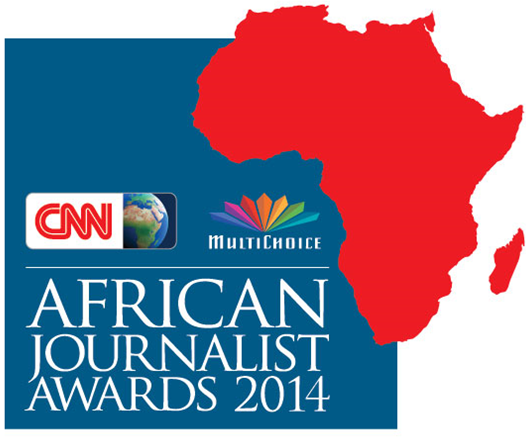Friday, October 17, 2014
DATELINE DAR ES SALAAM: 'Public television in Africa needs to serve everyone, especially minorities' - CNN MultiChoice African Journalist Awards 2014.
As millions of African media consumers migrate to heavy, daily use of cellphones, pay-TV and other media the role of public television and public broadcasters remain crucial - while they have to transform to keep up with the changing media landscape - journalist and media workers heard at the Friday media forum forming part of the CNN MultiChoice African Journalist Awards 2014.
On Friday morning journalist from across the African continent from various publications and media types gathered at the Kunduchi Beach Hotel for a media forum discussing the changing media landscape in Africa.
The media forum, sponsored by MultiChoice Africa and CNN International, touched on the crucial role of Africa's public broadcasters - many of which in the past didn't serve their citizens and communities but were "state broadcasters", merely being the ruling government's mouthpiece.
Journalists heard how public broadcasters across Africa - at least the ones who will survive in a rapidly changing changing media landscape influenced by a digital revolution, privatisation and new players in a massive wave of democratisation of the airwaves - will have to adapt to survive and remain relevant.
"I'm an Africa. I can't keep quiet. I have to tell people the news," said dr. Ayub Mhaville, a lecturer at the school of journalism and mass communication at the University of Dar es Salaam in Tanzania.
He wasn't referring to himself but to ordinary African media and news consumers who are sharing the news of the day irrespective of whether media players - broadcasters and print publications - give them the real news they need, or try to censor it.
He said public broadcasters need to adapt if they want to remain in a position of playing a role and fulfilling a function in ordinary peoples lives.
"As journalists we have a duty to inform. Credibility of the press [in Africa] is still a challenge, not just here in Tanzania but also in other places".
"We need to make sure that the content is professionally prepared, that there is no censorship, that it has the public interest in mind and actually try to raise the standard of journalism," said dr. Ayub Mhaville.
Dr. Ayub Mharville said for too long public broadcasting tailed private broadcasters and pay-TV operators when it comes to quality content.
"You can't force private media to do certain things. They go where there is business. If you have a public service they have to serve everyone - especially minorities."
"A Public broadcasting service must treat everyone equally - opposition and the ruling party. State-run media is not healthy and is not helping," said dr. Ayub Mharville.
"We no longer live in an era where African countries can enjoy what they've enjoyed in the past - using their own so-called 'public media' as mouthpieces and of disinforming people and controlling the flow of information like they did in the past," said dr. Ayub Mharville.

